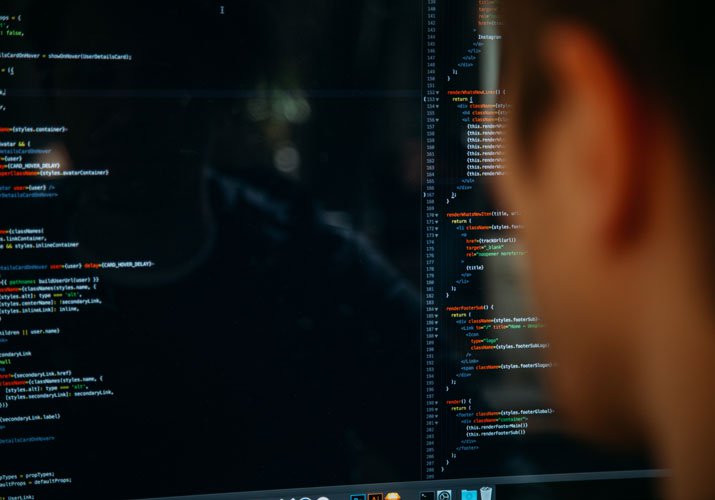Once only a fixture on the night shift, robotic floor scrubbers are increasingly being used during daytime hours to help retailers keep up with heightened cleaning demands as they try to calm the fears of nervous shoppers.
During the first four months of the year, usage of BrainOS-powered robotic floor scrubbers in U.S. retail locations rose 18% compared to the same period last year, including a whopping 24% y-o-y increase in April, according to new Brain Corp network data released today. Of that 18% year-to-date increase, more than two-thirds (68%) occurred during the daytime, between 6 a.m. and 5:59 p.m.
“Retailers can’t afford to compromise on clean and have realized the strategic importance of cleaning to help re-build consumer trust and confidence,” said Alan Butcher, Vice President of Client Services at Brain Corp. “It’s as much an investment in their brand as it is about keeping their stores clean. Expanding robotic usage into daytime hours generates more cleaning coverage and also provides a strong visual reminder of a grocer’s commitment and investment in clean.”
Like most cleaning activities, robotic floor scrubbers have traditionally been deployed during the night shift. But that was before the COVID-19 health crisis. Retailers now find themselves in a 24-7 “constant state of clean,” and are unafraid of deploying robots during the day. This also helps them adjust to operational changes and overnight stocking.
As states begin to re-open, retailers will need all the help they can get to make consumers feel better about their shopping experiences. In a recent survey by C+R Research, 60% of American shoppers said they are “now fearful” to shop at grocery stores, with 73% saying they are shopping less at physical stores. During normal times, shoppers visited food retailers on average twice per week; that number is now only once per week, with 45% disinfecting their groceries when they get home, according to the survey. And while 43% of grocers are disinfecting their environments, a third of shoppers feel more can be done to sanitize stores, and half believe more should be done to keep store employees safe.
Robotics help unlock cleaning efficiency and regain consumer trust because the autonomous floor scrubbers don’t require additional resources to use. In fact, they are an essential cleaning support for employees, giving back valuable time to employees, while also maintaining social distancing standards.
According to Brain Corp network data, BrainOS-enabled cleaning robots are providing on average more than 8,000 hours of daily work -- equal to a quarter million hours monthly and growing -- that otherwise would have to be done by an essential worker. This enables workers to keep up with the new requirement of “constant clean” on top of their normal daily work.
BrainOS-powered robots have now logged a total of more than 1.5 million autonomous hours. This industry leading milestone proves the technology is highly scalable across industries and robotic applications.
“Brain powers the biggest fleet of its kind, with the most collective autonomous hours, demonstrating the reliability of BrainOS-enabled machines for operating safely and effectively in dynamic environments,” said Phil Duffy, Vice President of Product at Brain Corp. “Together with our OEM partners, we combine proven AI software with industry-best cleaning equipment that businesses already know and trust. We believe the market is validating this approach compared to vendors who try to build robotic cleaning solutions from soup to nuts -- hardware, software, navigation, etc. That’s a lot to get right, and hard to reliably scale.”
Duffy said he was not surprised to see the increased robotic usage in April. “Clean is a new brand value, that’s become very apparent,” he said. “BrainOS robots help amplify an organization’s cleaning capabilities almost immediately because they require no custom infrastructure to deploy.”


Let Us Know What You Thought about this Post.
Put your Comment Below.